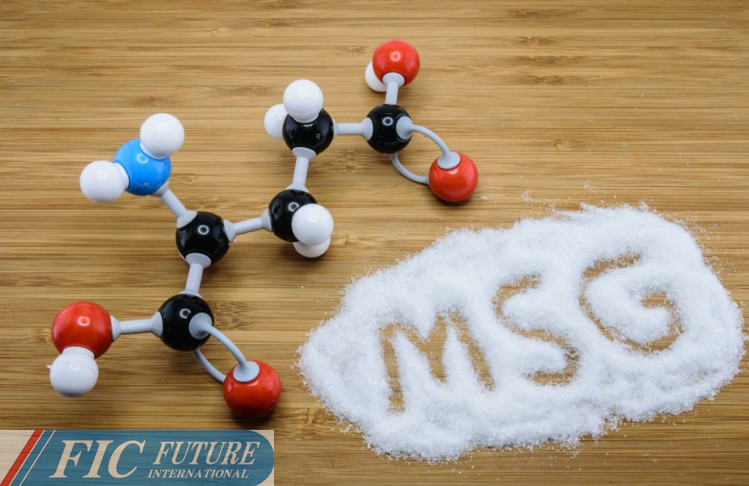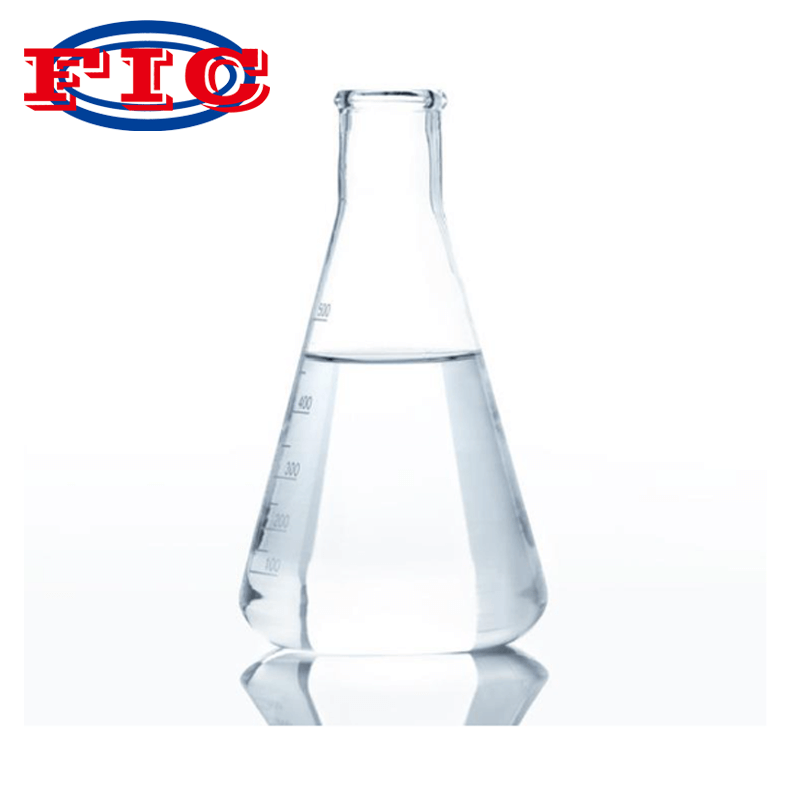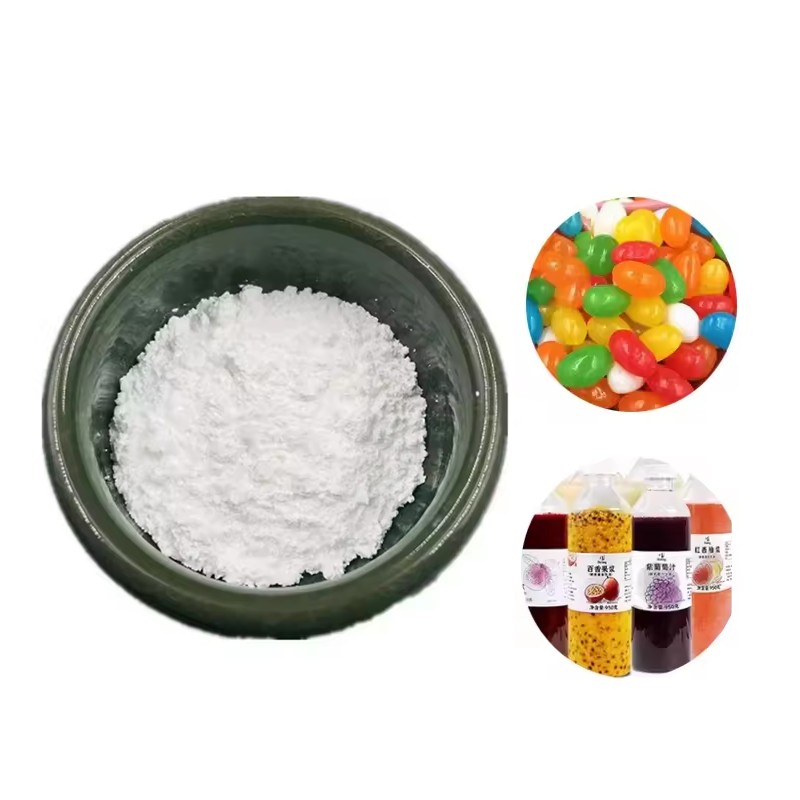精製パラフィン・ワックス

精製パラフィンワックス パラフィンの発見 パラフィンワックスは、ドイツの科学者が石油に含まれる天然由来のワックス状物質を分離・精製する過程で偶然に得たものである。精製パラフィンワックスは、それまでのロウソクと違い、燃焼がきれいで安定し、製造コストが安い。この方法で製造されたロウソクは無色無臭で、完全燃焼が可能です。これは従来の獣脂ロウソクよりも優れた特性を持っており、ロウソク製造業界において重要な進歩を意味する。同じパラフィンでも用途が違う パラフィンワックスの原料は通常ルースワックスで、オイルは結晶化によって分離される。用途を決める [...]...
SLES

SLES SLES(Sodium lauryl ether sulfate) in our lives もしあなたがトイレタリー製品の高品質を追求しているなら、SLSとSLESという2つの略語で表される製品をすでにご存知だと思います、そう、これは私たちのトイレタリー製品に欠かせない発泡剤ローレルです。界面活性剤として働き、私たちが好む泡を作り出し、洗浄効果を発揮します。SLES ラウリル硫酸ナトリウム(SLS)は、多くの日用品や美容製品に含まれています。界面活性剤として作用し、成分間の緊張を緩和することができるため [...]...
創立10周年が間もなく始まる

まもなく創立10周年 2020年8月18日の創立10周年まで、あと20日。私たちは豊富な周年行事を準備している。残念ながら、最も重要なゲストは疫病のため出席できません。しかし、大連福裕特の中心で、あなたはいつも私たちの仲間です。Elements.私たちのイベントは1日、午後4時から5時間の予定です。この5時間の間に、私たちは過去10年間の会社の浮き沈みを、祝賀会のプロセスに従って説明し、会社がどのように徐々に発展 [...]...
プロピレングリコールは人体に有害か?

プロピレングリコールは人体に有害か?最近、あるテレビ番組で、市販のウェットティッシュの検査・分析について、「プロピレングリコールは毒性の低い化学溶剤である」と断言していた。プロピレングリコール入りの)ウエットティッシュで長時間手を拭いた後、食事をすると有害物質が発生する。消化管に入ると、安全性に問題が生じる可能性がある。"ウェットティッシュに関する新たなパニックを世間に引き起こした一方で、人々はプロピレングリコールを恐れるようになった。実際、テレビ番組はプロピレングリコールについて間違っていた。プロピレングリコールは合法的なスキンケア用保湿剤であり抗菌剤であるだけでなく、 [...]...
グルタミン酸ナトリウム

グルタミン酸ナトリウム MSG(グルタミン酸ナトリウム)とは?MSGはどのようにして発見されたのですか?MSGの正式名称はグルタミン酸ナトリウムです。グルタミン酸といえば、注目されるのはやはりグルタミン酸でしょう。この物質が最初に発見されたのは、1866年にドイツの科学者の研究室で、硫酸を使って小麦グルテンを処理した時でした。この物質を人々の視界に入るようにしたのは、日本の科学者(池田信奈)である。彼は1908年に昆布から味を良くする物質を発見し、この物質と名付けた。非常に美味で、科学的に証明されていない味(甘味、塩味、酸味、苦味)がある。1909年まで、日本では [...] 続きを読む
FIC10周年記念ドキュメンタリー
FIC 10周年記念ドキュメンタリー 10年分の感謝、夢を持って行こう 2010-2020 10周年記念 大連国際貿易福用特有限公司どのような情熱と夢が、新生子牛の卒業生を会社設立一周年で30万米ドルの輸出を完成させたのか。どのような執念と信念が、5年間でチームを5倍に拡大し、売上高5000万を達成させたのか。どのような信用とサービスによって、国内外58の有名な顧客が10年間、芙蓉手と協力し、誠意を尽くしてきたのか。どのような人たちの集団が......」。
二酸化チタン

酸化チタン 酸化チタンとは 白色の固体または粉末状の両性酸化物。別名チタンホワイト。化学式 TiO2、分子量 79.9、融点 1830~1850 °C、沸点 2500~3000 °C。自然界に存在する二酸化チタンには3つのバリエーションがあります:ルチルは正方晶、アナターゼは正方晶、板状チタン鉱石は直交晶です。二酸化チタンの水への溶解度は非常に小さいが、酸やアルカリには溶けることがあり、その化学反応式は以下の通りである:二酸化チタンと酸の反応:二酸化チタンと酸の反応:TiO2+H2SO4=TiOSO4+H2O 二酸化チタンとアルカリの反応:TiO2+2NaOH=Na2TiO3+H2Oあなたはできる[...]を
本当にグリセリンのことをよく知っているのか?

あなたはグリセリンを本当によく知っていますか?グリセリンは化学式C3H8O3。粘性のある無色無臭の液体で、水と混和し、水分を吸収する。硫化水素や二酸化硫黄などの気体もあり、さまざまな産業で広く使われている。一般にグリセリンとグリセロールと呼ばれ、どちらも式は同じだが純度が異なる。グリセリンは95%グリセリンであり、これは直接グリセリンが最も純粋な形であることを意味します。純度が気にならない場合に限り、この2つを置き換えて使うことができる。 どこで使用できますか?私たちのグリセリン源は、純粋な天然植物油(パーム油)です。しかし、[...]上の合成グリセリン
寒天について知りたい方、寒天が必要な方

寒天について知りたい方、寒天が必要な方 寒天は海藻由来の多目的で広く使用されているハイドロコロイドです。食品、製薬、微生物産業で一般的に使用されています。この記事では、寒天の特性、用途、原材料、製造情報など、寒天の概要を説明します。寒天の性質 寒天はゲル状の物質で、透明、無臭、無味であり、低濃度ではしっかりとしたゲルを形成することができる。寒天は優れたゲル化特性を持っているため、様々な用途に有用です。そのゲル化特性は、温度、pH、他の物質の存在などの要因に依存する。寒天は高 [...]...








